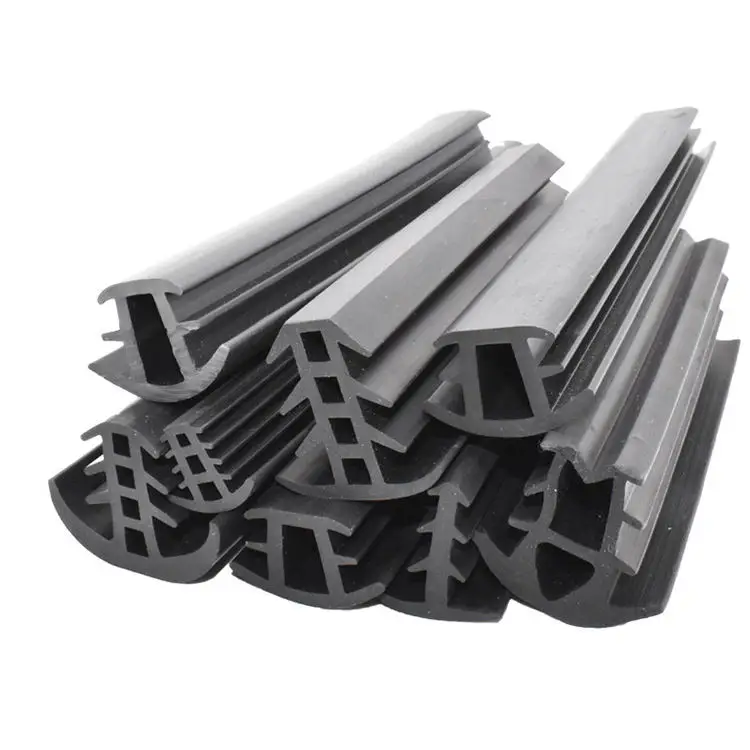Food additives play an essential role in the modern food landscape, contributing to preservation, flavor enhancement, visual appeal, texture improvement, and nutritional fortification. While they offer significant advantages in food production, the dialogue surrounding their safety and the demand for more natural products remains vital. As consumers' tastes and concerns evolve, the food industry will continue to adapt, striving for a balance between innovation, safety, and transparency in ingredient use.
 Home
Home















